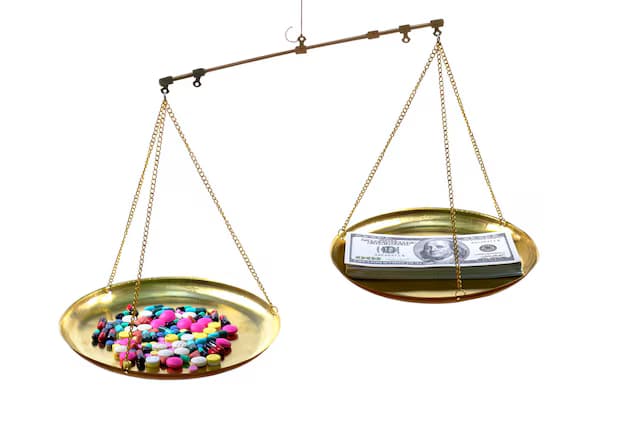All Thawed Out: Navigating the Pharmaceutical Tariff Landscape
In a break from tradition, this week we delve into the implications of recent trade policies on the pharmaceutical and healthcare sectors. With the announcement of "Liberation Day" by the President, significant changes loom, threatening to disrupt these industries.
Countries not included in the specific list have been slapped with a broad 10% tariff on all imports into the U.S. Notably, the trade flow under the United States-Mexico-Canada Agreement continues without disruption, except for specific tariffs targeting Canadian energy and automotive parts.
Exemption and Its Costs
Pharmaceutical imports, for now, enjoy an exemption from these tariffs. However, this exemption comes under scrutiny. The administration is considering a Section 232 investigation, which could lead to new duties under the Trade Expansion Act.
The Department of Commerce clarifies that a Section 232 investigation aims to assess the impact of imports on national security. Triggered by interested parties or departmental requests, such investigations can have far-reaching consequences, as seen with prior cases in the steel and aluminum sectors.
While finished pharmaceuticals escape current tariffs, the components necessary for drug production are not spared from the 10% blanket tariff on all imports, potentially raising drug prices and impacting the industry's bottom line.
Industry Response and Challenges
According to a CNBC report, the Biotechnology Innovation Organization's survey indicated that 90% of U.S. biotech firms depend on imported components for over half of their FDA-approved products. Many members foresee a surge in manufacturing costs if tariffs target European imports.
To alleviate these challenges, drug manufacturers lobby for a phased transition to domestic production. Yet, meaningful progress will require considerable time and investment.
Industry analyst Sheena Berry notes, "Import reliance, even in low-cost goods, makes companies vulnerable. However, the adaptability and resilience of the sector should help manage impacts."
Pharma dodged a bullet—for now. The quest continues for strategies to mitigate potential future challenges.
Cold Chain Insights: Memphis Under the Microscope
This week’s spotlight is on Memphis, Tennessee. Reefer outbound tender volumes in Memphis experienced fluctuations throughout March, with a positive 6.73% week-over-week volume rise at the start of April.
Compared to the same period last year, the current reefer outbound tender rejection index is considerably elevated. These trends suggest tightening capacity and potential for higher spot market rates.
See what SONAR has to offer by scheduling a demo.
Shelf Life: Industry Developments
- DHL acquires U.S. pharma logistics specialist CryoPDP for $195M.
- Trump tariffs' impact on company costs and exports remains contentious.
- Despite tariff concerns, consumer spending in 2025 isn't expected to dip according to retailers.
Let’s continue the conversation! Share your thoughts and story ideas by emailing moconnell@freightwaves.com.
Join the community and subscribe for more insights at freightwaves.com/subscribe.
Pharmaceutical Supply Chain: Temporary Tariff Sidestep Offers Relief Amid Uncertainty originally published on FreightWaves.


